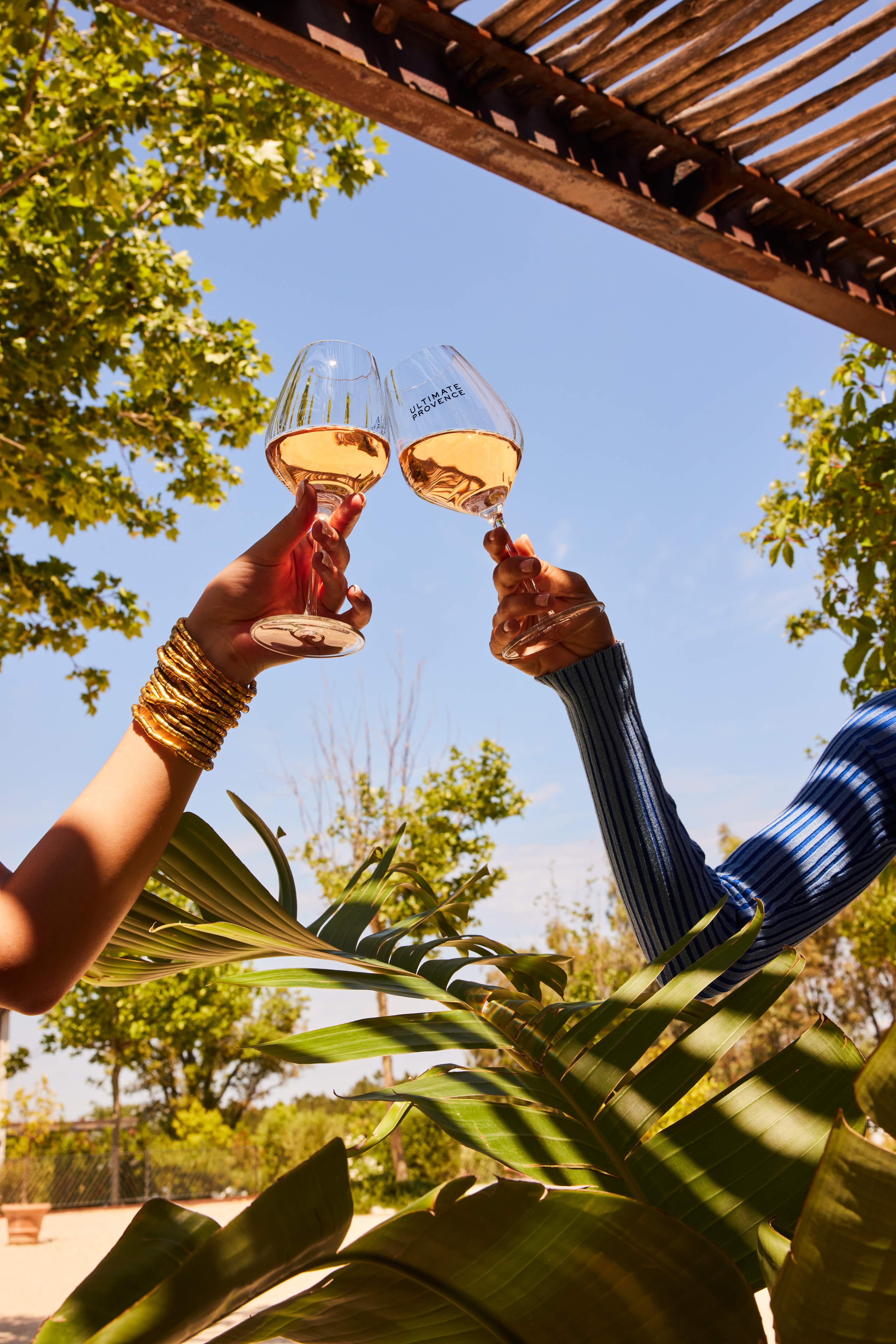Corsica is renowned for its heavenly beaches and hiking trails, but it is also the cradle of great wines. Its vineyards have benefited from a terroir and a climate particularly conducive to viticulture for centuries. The Berne Castle in Provence reveals the secrets of the Corsica wine region.
The story of the Corsican vineyard
The Corsican vineyards have emerged at the 6th AV. J.-C, thanks to the establishment of the first feet of vines by the Greeks, then by the Romans. In the Middle Ages, as everywhere in France, viticulture is then under the direction of religious orders, which makes it possible to intensify production on the island of beauty.
But it was especially from the end of the 18th century to the end of the 19th century that the Corsican wine region knows a significant boom, in particular thanks to the arrival of the railway in Sète, which will facilitate the export of wine.
Unfortunately, the island will not be spared by the phylloxera crisis in the 1870s, and the Corsican vineyard Then experienced heavy damage.
It was only in the 1960s that the Corsican vineyards manage to take over, thanks to the return of nearly 17,000 repatriated from Algeria. The vine culture Then aims to achieve the largest possible yield, and the Corsican vineyards, until then cultivated at small yields, become viticulture with industrial size. Unfortunately, the quantity took over the quality, and the Corsican wine then became a more modest table wine.
In 1975, a financial scandal broke out around the great industrial and merchant winegrowers, and led the Corsican vineyards to their loss.
The government is then forced to take measures to end the revolt of Corsican winegrowers, and put an end to industrial vineyards, to emphasize a more qualitative and reasoned viticulture.
The geography of the Corsican vineyard
The Corsican wine region extends all along the island's coasts, over nearly 7,000 hectares. We then distinguish 4 major regions of viticulture, which make it possible to give wines of great diversity:
- L'West of Corsica (2/3 of the island), with granitic soil;
- L'East Corsica, with schist soils;
- the Northwest of Corsica, with limestone soil;
- The East Coast of Corsica, with silico-argile or clay soils.
On the climate side, the Corsica valleys take advantage of a very strong sunshine, but also microclimates, sometimes Mediterranean, sometimes sea, sometimes mountain.
The vines then take advantage of both heat and sun, but also heavy rains in mountain regions, and a high humidity. The proximity of the sea also brings more or less strong winds, which influence the development of the vine.
Corsica grape varieties
The great diversity of terroirs and climates makes Corsica a land conducive to the cultivation of many red and white grape varieties. We then distinguish near 30 grape varieties in Corsica.
The main red grape varieties of Corsica
If Corsica cultivates, like the rest of France, Red grape varieties Like Carignan, Merlot, Black Grenache, Pinot Noir, Syrah, Cinsault or Mourvèdre, it also has endemic red grape varieties, cultivated only on the island.
The Sciaccarellu
Probably from Italy, this Corsican red grape variety is found in the AOC Corsica, the AOC Sartène and the AOC Ajaccio, where granite soils allow it to express itself intensely. the scaccarellu, also called Sciaccarello or Muntanaccio, offers nervous, fine and elegant wines, with aromas of almond, coffee, raspberry, spices ...
The Nielluciu
Coming straight from Tuscany, this noble grape variety made the fame of the AOC Patrimonio, and represents the Main red grape variety of the island. Also called Niella, Niellluccia, Nielluccio, Sangiovese or Negretta, the nielluciu Likes limestone soils. It gives dense and fine wines, with a pretty intense red dress, and aromas of liquorice and spices. Sometimes vinified in rosé, this endemic grape variety Give flavors of apricot, jam, undergrowth, violet, redcurrant, or nucleus fruit.
The main white grape varieties of Corsica
Again, the White grape varieties traditional are present in Corsica, such as Chardonnay, White UGNI or Muscat. But we also find a endemic grape variety which makes all the glory of the white wine of Corsica: the vermentin. Also called Rolle, Vermentino, or even Malvoisie, this white grape of Italy offers a pale and balanced wine, with aromas of chamomile, hazelnut, apple and pear. The vermentini allows you to manufacture Dry white wines, but also Sweety white wines.
Corsican appellations
Corsican vineyards have 7 AOC (controlled designation of origin):
- L'AOC Ajaccio (extent of the Gulf of Porto at the Gulf of Valinco);
- L'AOC Patrimonio (extent in 7 municipalities around Patrimonio);
- Corsica Calvi AOC;
- The AOC Corse Sartène;
- The Corsican Figari AOC;
- The AOC Corsica Porto-Vecchio;
- The Corsican AOC Coteaux du Cap Corse.
We also find in Corsica a regional name, theAOC Corsica Wine, and an appellation for natural mild wines (VDN), the Cap Corse Muscat.
The history of Corsica vineyards has undermined the reputation of their wines. Yet the Corsican wine region Produces exceptional wines today, which take advantage of the ideal setting to offer everything that the vine to best.









